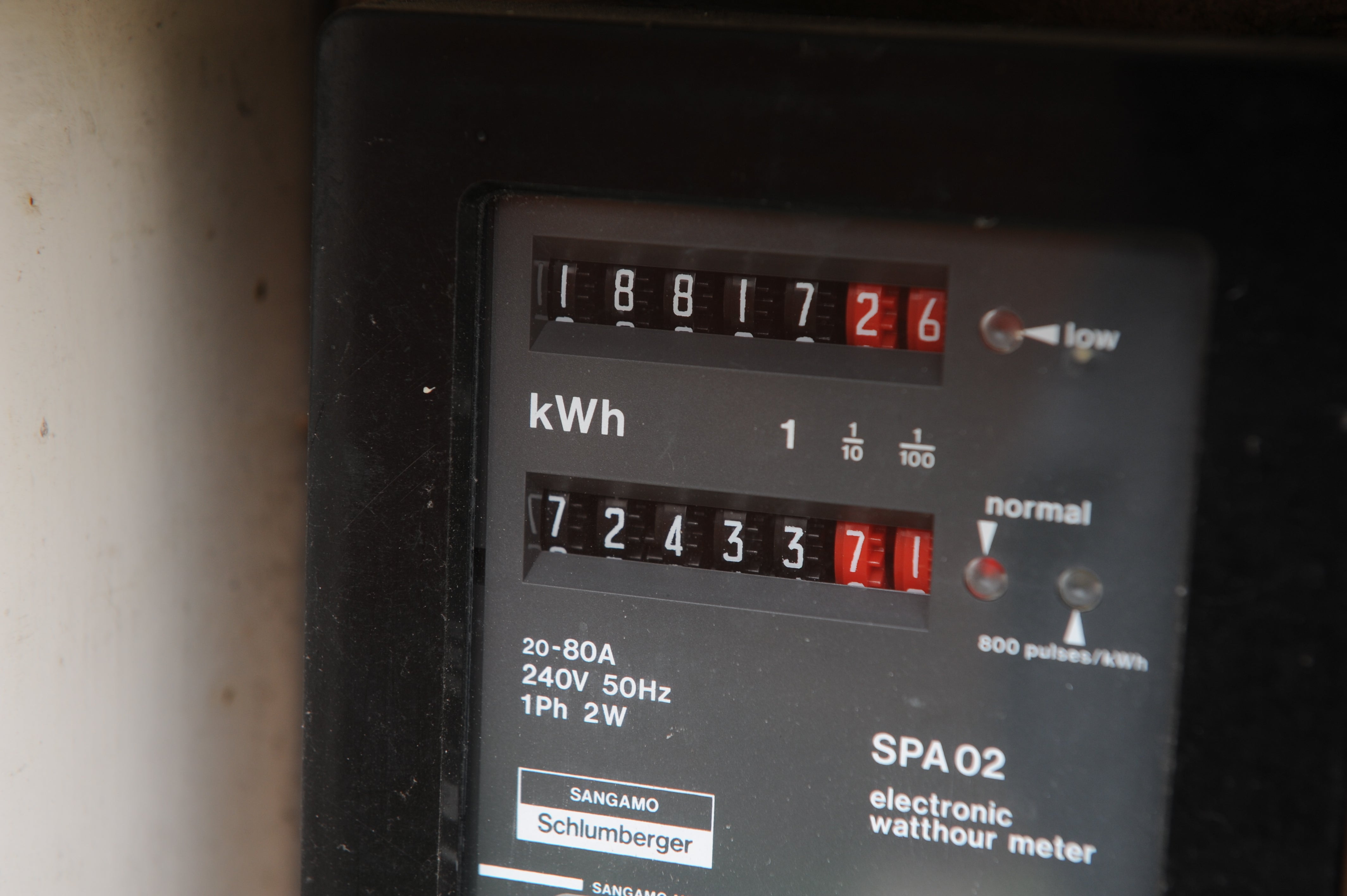Energy bills set to soar to £2,000 a year, threatening Boris Johnson with cost-of-living crisis
Sharp rise expected just as taxes and inflation go up – and as prime minister faces crucial local elections

Household energy bills are tipped to jump to a record £2,000 a year, threatening Boris Johnson with a cost-of-living crisis just as taxes soar.
The price cap – which eases the pain for families – may have to be hiked by more than 50 per cent in April, experts are warning, because of unprecedented wholesale costs.
The energy regulator authorised suppliers to increase bills by 12 per cent from October, to £1,277 a year for a typical household on standard tariffs.
A further announcement is due in February for a second rise in April, with an increase already inevitable to pay for the collapse of more than two dozen UK energy companies in recent months.
“With wholesale commodity prices remaining elevated, we suggest that the tariff cap could jump by 56 per cent reaching £2,000 [a year] for the summer 2022 period,” Martin Young, an analyst at the investment bank Investec, said.
Higher wholesale costs would account for £560 of the increase and supplier failures a further £72 per household, he told The Times.
The increase would come as “a shock to many, with implications for discretionary spend, inflation and fuel poverty”, Mr Young added.
It is set to arrive at the worst moment for the beleaguered prime minister, in the same month as big council tax hikes and his national insurance rise to pay for higher health and care spending.
Inflation is predicted to leap to 6 per cent next year, far outstripping wage increases and leaving workers worse off – despite his misleading boast that Brexit is boosting pay packets.
The following month could also be crucial to whether Mr Johnson faces a leadership challenge from unhappy Tory MPs, with many focused on feared local election losses in May.
There have been similar forecasts for the soaring price cap after April. The business analysts Cornwall Insight predicted £1,925 a year, while Citizens Advice suggested bills could rise to £1,891.
Cold weather and low gas exports from Russia have been blamed for wholesale gas and electricity prices across Europe reaching fresh highs in recent days.
UK gas prices rose by 8 per cent to close at an all-time high of 370.25 pence per therm on Monday night, according to Icis, the price reporting agency – more than seven times the typical price over the past decade.
The failure of more than two dozen UK energy firms has led to multibillion-pound costs that are expected to be recouped from energy bills.
The price cap was introduced in 2019 to protect customers from “rip-off” prices and is updated twice a year by Ofgem, the regulator.
It limits bills for 11 million households on standard tariffs and four million households with prepayment meters.
Join our commenting forum
Join thought-provoking conversations, follow other Independent readers and see their replies
Comments
Bookmark popover
Removed from bookmarks